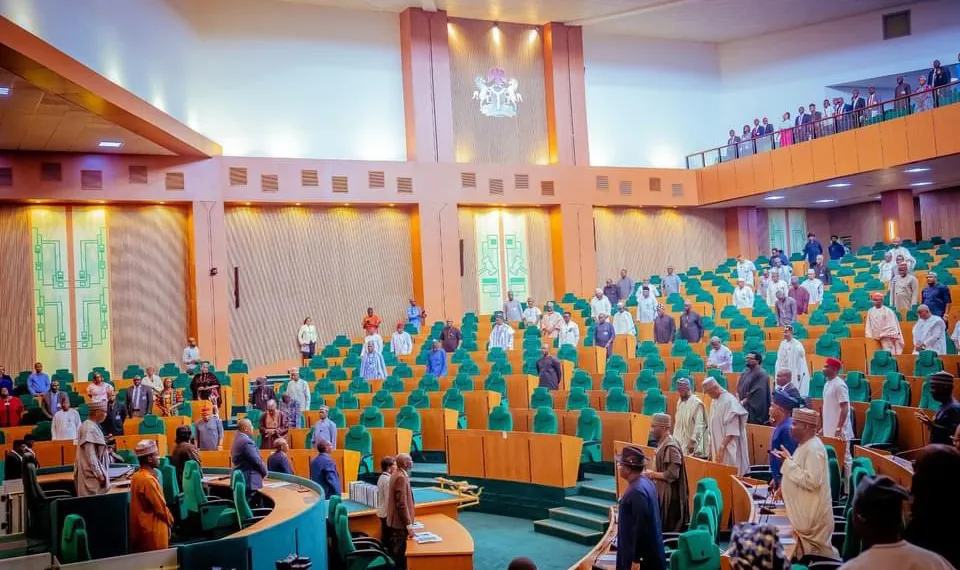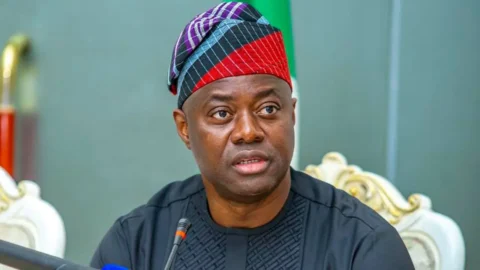The Nigerian Senate has taken a significant step towards ensuring access to education for all children in the country. A bill aimed at making basic education compulsory and free, as prescribed in the Universal Basic Education Act, 2004, has passed its second reading at the Senate.
The bill, sponsored by Senator Idiat Adebule (APC, Lagos West), garnered widespread support from the senators, who recognized the urgent need to address the high rate of out-of-school children in Nigeria. If passed into law, the bill would impose a penalty of N250,000 on parents who fail to enroll their children in primary and secondary schools.
Senator Adebule, while leading the debate on the bill, emphasized that its passage would significantly reduce the alarming number of out-of-school children in the country. She pointed out that many parents whose children are not in school often lack concern due to the absence of punishment for non-compliance.
The senator also stressed that poverty should not be an excuse for denying children their fundamental right to education. She called on her colleagues to support the passage of the bill, recognizing its potential to transform the lives of countless Nigerian children.
Contributions from various senators underscored the importance of the proposed legislation. Senator Sunday Karimi (APC, Kogi West) highlighted that education is currently not free in public primary and secondary schools across the country, lending his support to the bill.
Former Senate President Ahmed Lawan echoed the sentiment, asserting that education should be the right of all Nigerian children, regardless of their economic circumstances. He advocated for increased oversight of education boards nationwide to ensure effective implementation.
Senator Asuquo Ekpeyong (Cross River) expressed concern that the proposed N250,000 penalty might be too lenient for offending parents, calling for a stiffer penalty to underscore the gravity of the issue.
Senator Ekong Sampson (PDP, Akwa-Ibom South) urged the federal government to prioritize investment in education, recognizing its transformative power for the nation’s development.
Furthermore, Senator Adamu Aliero (PDP, Kebbi Central) highlighted the link between the increasing number of out-of-school children and the worsening security situation in the country, emphasizing the urgency of addressing this challenge.
As the bill progresses through the legislative process, stakeholders and advocates for education in Nigeria are hopeful that its passage will pave the way for a more equitable and inclusive education system, ensuring that no child is left behind due to socioeconomic circumstances.





